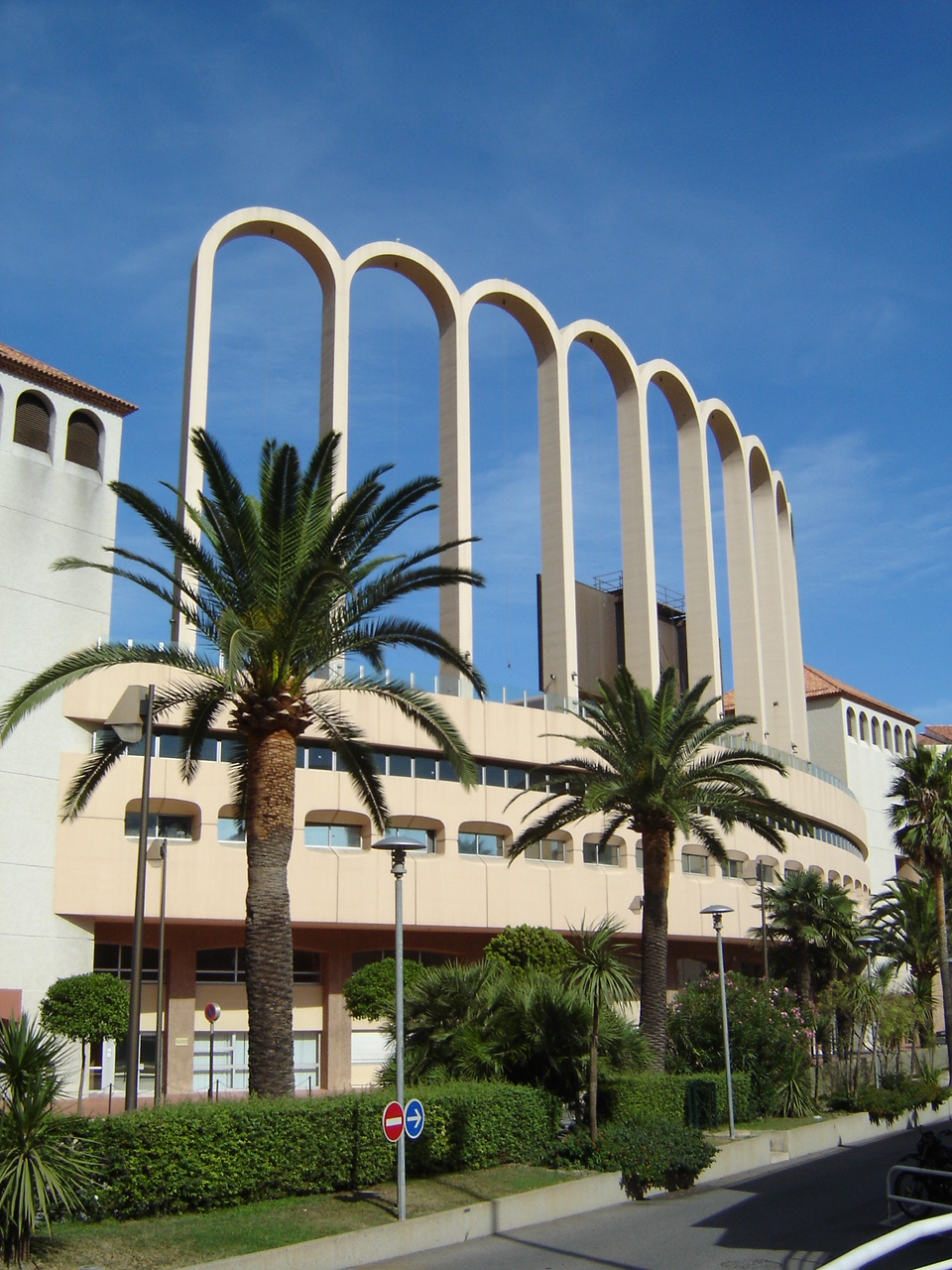 |
| Logo of French right-of-centre party the UMP |
Rocketing unemployment, serious economic problems, intense voter dissatisfaction, you name it, Hollande is having to deal with it. His popularity ratings are lower than those of any other president after one year in power, the national mood is deleterious, each day brings a new tax and each week sees a new government scandal.
In other words, this is a perfect opportunity for an opposition party to gain voter support by proposing alternative policies which seem credible. It's manna from heaven in political terms. Yet the UMP, France's main opposition party, has so far proved to be totally incapable of turning Hollande's considerable woes to their advantage. But why? That question is becoming urgent for the UMP because the longer they don't do something to improve the quality of their opposition the longer Hollande will be let off the hook.
There are several reasons for the right's ineffectiveness;
Kneejerk frontal opposition is an ineffective tactic.
The UMP's reaction to almost any government legislation or legislative proposal is one of indignant and full-frontal categoric denunciation, whereas they should be reacting by proposing sensible alternatives. But as the party has not yet put together a global alternative policy package due to the lack of an effective leadership structure (see below) there is nothing they can do. Meanwhile however, the public are becoming increasingly frustrated with the UMP's angry posturing and aggressive tactics in parliament.
The UMP is lurching to the right.
The UMP is currently locked in a bitter battle over the increasingly vocal and deliberately inflammatory support given to right-wing extremists by senior party members, some of whom are even demanding that citizens demonstrate en masse against not only the gay marriage bill, but also Hollande's economic policies. They also attend anti-gay demonstrations in the full knowledge that they will be disrupted by violent fascists and Catholic integrists. The result is that UMP députés and senior leaders are now to be seen during these demonstrations in the shoulder-rubbing company of prominent politicians from the extreme right-wing Front National. The public thinks it is shameful that democratically-elected politicians should chose to associate themselves with these obscurantist and reactionary elements and thereby tacitly endorse urban violence, right-wing extremism and high-risk demonstrations. Indeed, some party members have even ripped up their membership cards and left the party as a result of this spectacle.
The interminable and damaging party leadership struggle.
UMP chairman Jean-François Copé is generally believed to have cheated - even by many UMP members - in the internal UMP elections which designated him as winner, and thus chairman. He is strongly suspected of having manipulated the results in order to beat his challenger - Prime minister under Sarkozy François Fillon. Since then the party has promised to hold new elections after summer, only to go back on its word with the more or less active agreement of both Copé and Fillon, who are both looking to be the next president of France. This state of affairs has not pleased half of the UMP's signed-up members and the general public feels that instead of squabbling between themselves and jockeying for position in view of becoming the UMP's presidential candidate in 2017 they should be addressing the country's current problems in a responsible manner.
---------------
Meanwhile, a certain Nicolas Sarkozy is waiting in the wings and watching them destroy each other, and he is the real, the central, and the only reason why the UMP is a poor opposition party at the moment.
Nicolas Sarkozy.
In case anyone had forgotten, Nicolas Sarkozy is still around, and he is the main reason why the UMP - the party he created - is riven with dissent at this time. The party has never managed to get round to doing its
mea culpa of the reasons why they did so badly in the last elections, and that is partly because Sarkozy is still looming over the party, like a brooding giant. More importantly, he is refusing for now to say whether or not he will re-enter politics at the head of the UMP (his election would be a mere formality) with a presidential bid in view. He has been following all the action and, not surprisingly from his point of view, his tactic is to let Fillon and Copé as well as other would-be presidential candidates slug it out, along with the supporting groups of each one within the UMP. After all, given that polls give him a slam-dunk victory were he to run for the Elysée in 2017 and that party members are sick of all the in-fighting, his return would result in joy and rapture throughout the party's rank-and-file and he knows it. Will he come back, and if so when? That question is the reason why the MP is currently paralysed and ineffective.
If Sarkozy did come back, it would be with a massive bang. He would galvanise the party and upset the applecart of French politics as no politian has ever done since De Gaulle. His return would change everything, and everyone, both on the left and right of French politics, knows it. No one would know how things would pan out and the country would be thrown into a frenzy. Hollande must be dreading the possibility of this happening.
The fact is that the UMP is on hold for the forseeable future. In other words, until Sarkozy makes his mind up. Opposition isn't their priority, but the shadow of Sarkozy, who is listening to their every word, is.
The UMP is Waiting for Godot.
But shhhhh, don't say anything.









